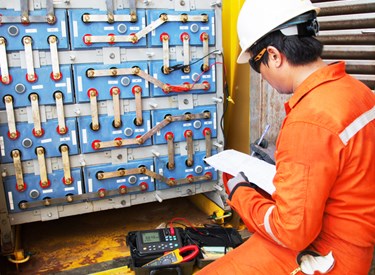5 – 7 Hours


Enquire about booking an on-site course
Upcoming Courses
Do you need one of our training courses, but only have a few delegates? Is your certificate about to expire and you need to attend a training course at short notice?
Feb. 25 - Feb. 26, 2025
Mar. 18 - Mar. 19, 2025
Apr. 8 - Apr. 9, 2025
Jun. 3 - Jun. 4, 2025
Jul. 1 - Jul. 2, 2025
Sep. 9 - Sep. 10, 2025
Nov. 4 - Nov. 5, 2025
Dec. 2 - Dec. 3, 2025
The Gas Detector User (GDU) training course has been developed for use across all types of industries
Gas monitoring is crucial to the safety of all staff. Whether Working in a confined space, monitoring an area to allow hot work to take place, carrying out fire watch or standby roles, or controlling permits. This Gas Detector User course has been designed to ensure understanding of the possible hazards and how to overcome them, through the correct use of knowledge and equipment.
There are no delegate pre-requisites for attendance on this course.
All personnel who participate in gas testing training should be medically fit and capable of participating fully. The responsibility for the individual completing the course, without any adverse effects to their present state of health, lies with the delegate and/or the company sponsoring the delegate.
Delegates attending these training and validation programmes will be given a series of explanations and demonstrations which will identify what they are expected to know and do.
The aim of the course is to provide learners the underpinning knowledge for:
On successful completion of the training, the delegate will be able to demonstrate an understanding of:
Validation of the delegates’ performance will be against the stated Training Outcomes and will be achieved using a combination of Multiple-Choice Questionnaires and, where appropriate, observation/questioning during a practical exercise.
Delegates successfully completing the course validation will be judged to have met the learning outcomes for the standard. They should proceed to the workplace for site-specific assessment under the direct supervision of a competent person.
© 2022 JMS Consultants
Europarc Innovation Centre
Innovation Way
Grimsby
North East Lincolnshire
DN37 9TT
